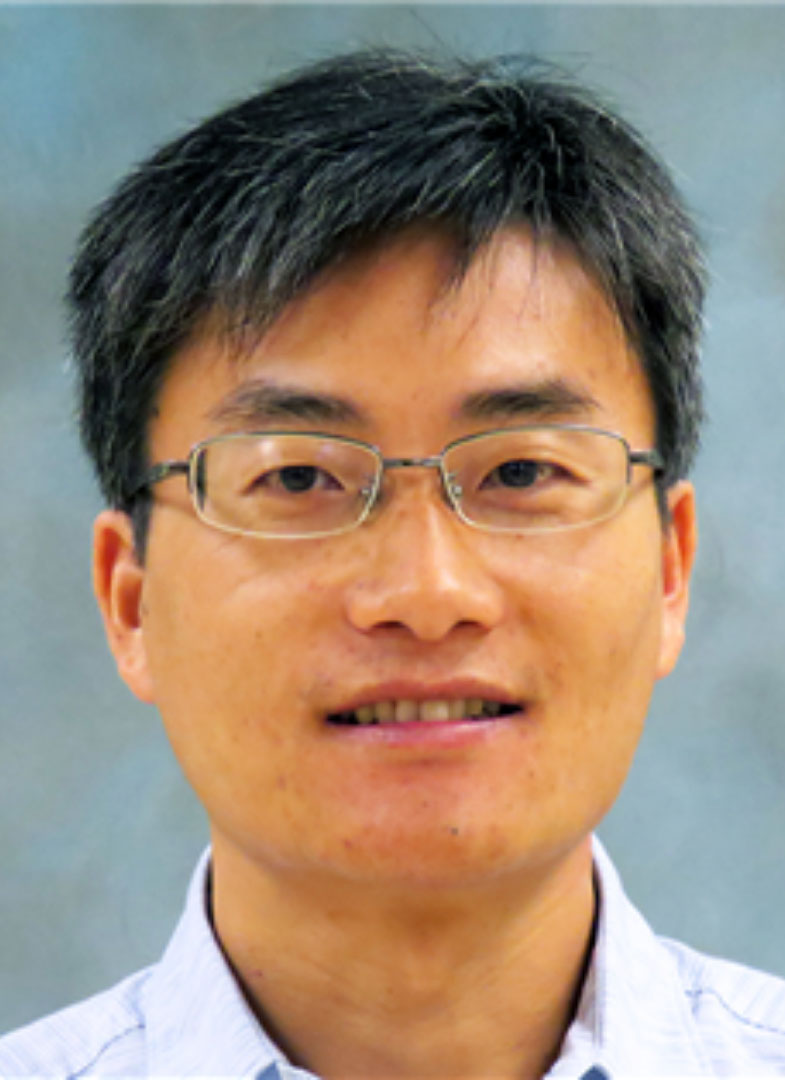Bo Wang’s laboratory focuses on understanding the molecular mechanisms underlying lipid metabolism and how this contributes to human diseases such as cancer. His previous research has identified lysophosphatidylcholine acyltransferase 3 (Lpcat3) as a critical determinant of membrane phospholipid composition and biophysical properties. Lpcat3 catalyzes the incorporation of polyunsaturated fatty acids at the sn-2 site of lysophospholipids, giving rise to polyunsaturated phospholipids. The ability to manipulate membrane phospholipid composition in vivo by regulating Lpcat3 expression provides an unprecedented opportunity to study the consequences of changing the membrane composition in homeostasis and the pathogenesis of diseases in living animals. Using Lpcat3 knockout mouse models, Wang’s lab has demonstrated that loss of Lpcat3 reduces membrane fluidity, impairs lipid metabolism in the liver and intestine, disrupts homeostasis, and promotes tumorigenesis. Wang’s lab is studying how the loss of Lpcat3 in the liver and intestine promotes the initiation and progression of nonalcoholic steatohepatitis, chronic liver inflammation, cirrhosis, and HCC.
Wang earned his B.Med in medicine at Shandong University in Jinan, China and received his M.S. in Biochemistry and Molecular Biology at Peking Union Medical College in Beijing, China. Wang earned his Ph.D from Ohio State University. Wang joined the UIUC faculty in 2018 as an assistant professor in comparative biosciences and has since founded a lab in the College of Veterinary Medicine to continue his work and research.

